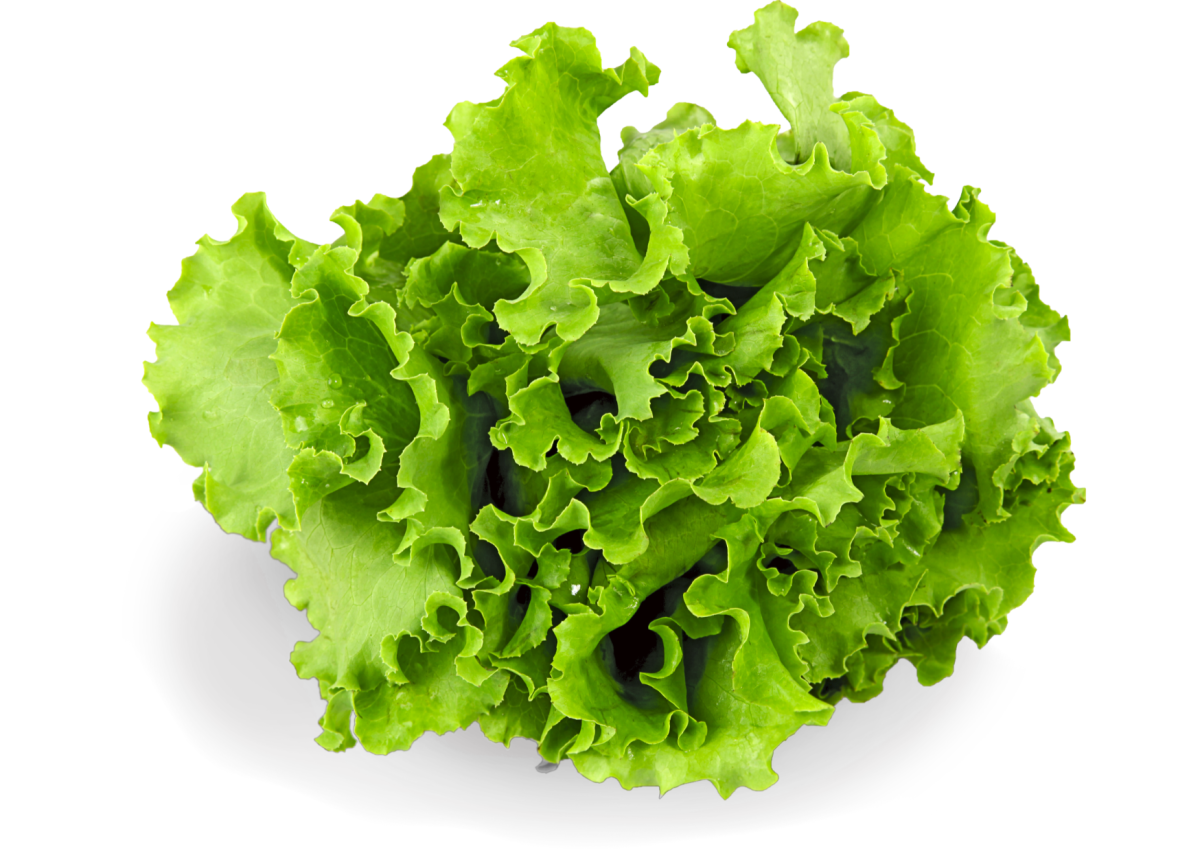Lettuce and IBS – is there a link? (discussed by a Dietitian)
- Dietary Advice (non Low FODMAP)
Have you noticed a link between lettuce and IBS symptoms worsening?
You may now be wondering why this is and if there is anything you can do?
This blog will discuss whether lettuce could be the cause of your IBS symptoms, as well as providing some unique recipes for you to try.

Is lettuce low FODMAP?
Knowing whether lettuce is low FODMAP or not will help you understand the potential impact for your gut.
FODMAPs are fermentable carbohydrates which can cause symptoms in people who have IBS. You can learn more about FODMAPs here: ‘The Low Fodmap Diet’
When you first read or hear the word lettuce, do you think of Iceberg Lettuce?
But, it is important to note that there are various different types of lettuce with varying amounts of FODMAPs in them.
The FODMAP content varies depending on the type of lettuce you choose to have (1):
| Type of Lettuce | Low FODMAP portion size | ‘Moderate’ FODMAPs portion size | ‘High’ in FODMAPs portion size |
| Butter Lettuce | 75g | 180g | 271g |
| Radicchio Lettuce | 75g | 185g | – |
| Iceberg Lettuce | 500g | – | – |
| Red Coral Lettuce | 75g | – | – |
| Rocket Lettuce | 500g | – | – |
| Cos/ romaine Lettuce | 75g | – | – |
Please note that we recommend eating ‘moderate’ FODMAP portion sizes whilst on the low FODMAP diet as 100% restriction is not required.
You will notice from the table above that most lettuce does not have an ‘upper limit’ this is because no FODMAPs have been detected.
Lettuce is therefore considered a FODMAP free food which can be useful when building your meals.
Lettuce and IBS-D symptoms
There is no specific research to show that lettuce causes IBS diarrhea dominant symptoms.
Lettuce is actually thought to be a relatively ‘safe’ food.
However, it should be avoided due to the risk of food poisoning where clean water is not available to wash lettuce before consumption.

Lettuce and IBS – fiber focus
Lettuce contains a small amount of fiber due to its high water content- 1.3g of fiber per 100g (2).
Many clients we work with are caught out with thinking lettuce with contribute to their fiber intake by having large, lettuce based salads when actually the contribution is likely only 1-2 g.
Whilst lettuce does contribute to your overal fiber intake, it is limited so we suggest that you add additional vegetables and grains to your salad to get what you need.
To learn more about fiber read this informative blog: ‘How does fiber affect IBS’
Should you avoid salad with IBS?
When you think of salad what do you think of? If you ask any family or friends you will probably all list different ingredients.
The variety in the salads makes it difficult to answer this question.
Some items that could go into a salad are high in FODMAPs, and as you may already know, high FODMAP foods are typically linked to an increase in IBS symptoms.
It is therefore, a case-by-case or you might say salad-by-salad basis.
10 Low FODMAP lettuce recipes for people with IBS
Below, we have ishared some our favourite low FODMAP, lettuce based salads for people with IBS.
Note how they are based on lettuce but have multiple other ingredients so that your gut will get all the fiber that it needs.
- Best greek salad
- Caprese Salad
- Creamy Low-FODMAP Coleslaw; Gluten-free, Dairy-free
- Waldorf Salad
- Slovak-Style Salad with Parenitza Cheese
- No FODMAP Fruit Salad
- Warm chorizo & chickpea salad
- Island salad
- Pear Salad with Vanilla Fig Dressing
- Blueberry Peach Feta Salad
Summary
Lettuce is unlikely to trigger symptoms in someone with IBS due to having a low fiber and FODMAP content.
According to Monash, most lettuce is FODMAP free.
But it should be noted that lettuce contains relatively little fiber so you do need to add other grain and vegetables to your salads to give your gut the fiber that it needs.
Finally,’salad’ is an overarching term for many different recipe types and ingredients therefore, there is not one answer that fits all.
It is based on the individual ingredients in the recipe and also based on your personal triggers.
By Maiya Bahra, Pediatric Dietitian, reviewed by Kirsten Jackson Consultant Dietitian BSc Hons, RD, PG Cert